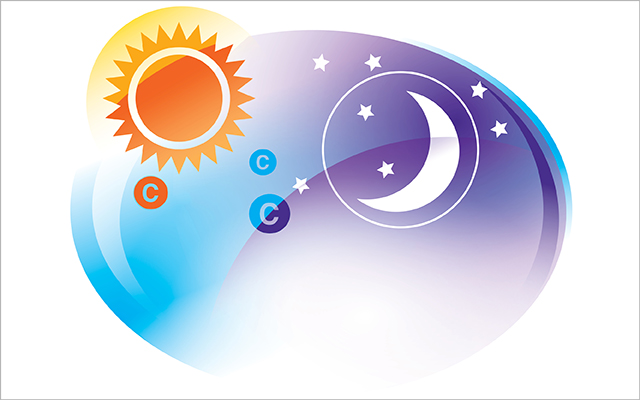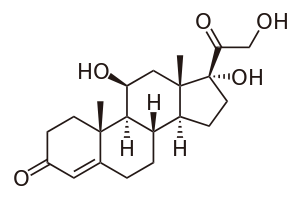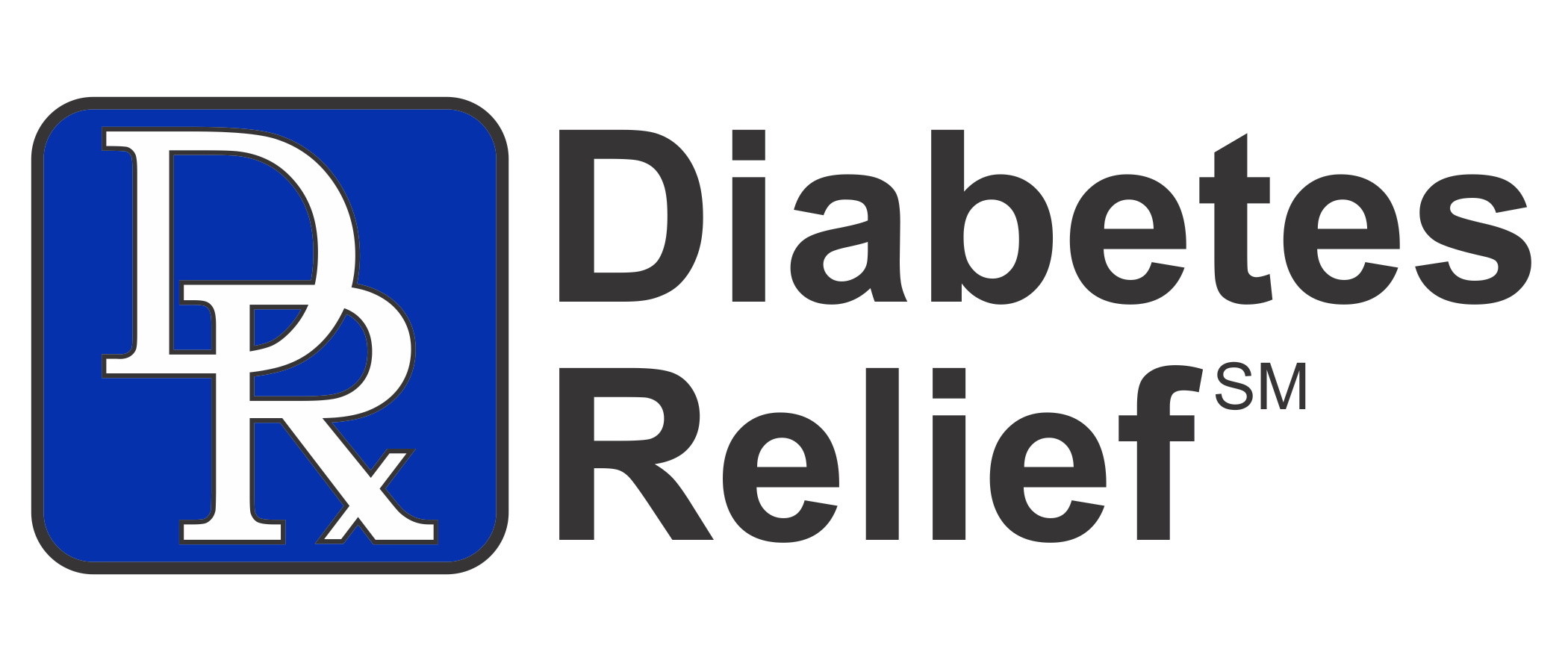
The stress hormone cortisol regulates your fight-flight-or-freeze response, and it also regulates your body’s use of carbohydrates, fats, and proteins. This is why stress can trigger the compulsion to reach for junk food. Research shows that calorie-dense foods trigger fat accumulation that inhibits your primary stress response system. So there’s nothing good about that late-night slice of cake or pie.
When we’re stressed, our bodies are flooded in cortisol, which makes us crave sugary, fatty, salty foods. The comfort foods we turn to because they taste so good give us a surge of dopamine, which kicks into gear by the promise that something positive is about to happen, like eating a food we love. And the merry-go-round goes ‘round and ‘round as we look for that high again and again
Cortisol is secreted cyclically. The amount in the blood is highest in the morning and lowest at night. Many physicians believe that the breakdowns in these regular up and down oscillations, called circadian rhythms, can elevate the risk of disease and accelerated aging.
Daily cortisol levels naturally spike between 4 and 6 a.m., so it’s best to try to wake up close to sunrise. Waking up at the same time every morning can have a rhythm or stabilizing effect. Taking a walk and enjoying first daylight can be especially helpful. Early morning activity is a great way to reset our daily cortisol secretion cycle. Cortisol levels begin to drop as the sun goes down, so we should begin winding down our activities as late afternoon moves into early evening, when we should pursue relaxing activities, like easy conversation or light reading.

The purpose of food is to nourish us. When we start to look for food, perhaps we should ask ourselves, “Am I really hungry?” “Do I need nourishment?” If not, it is probably an emotional trigger setting off that search for food. Or it may just be thirst that good old water can fix!
Sources: mercola.com and criticalhealthnews.com. Watch a free video, “Stress, Portrait of a Killer,” at https://articles.mercola.com/sites/articles/archive/2014/07/05/stress-effects.aspx.
